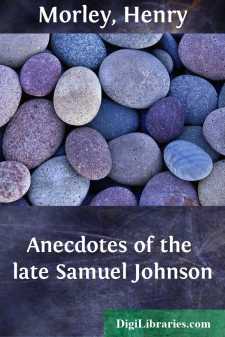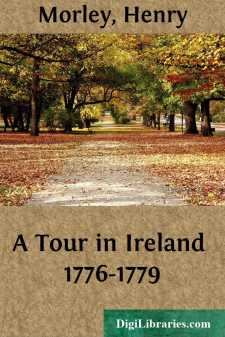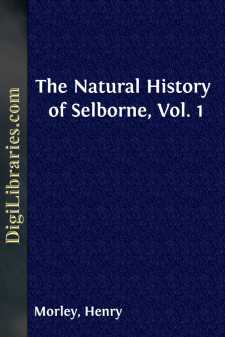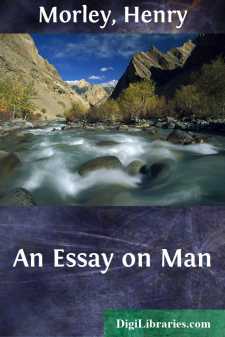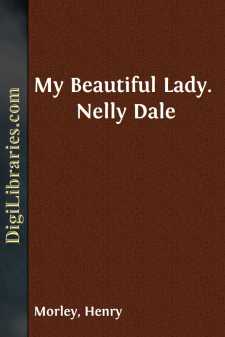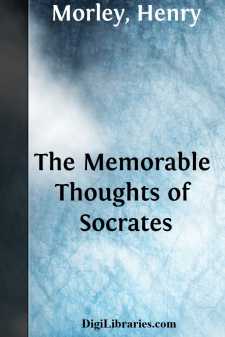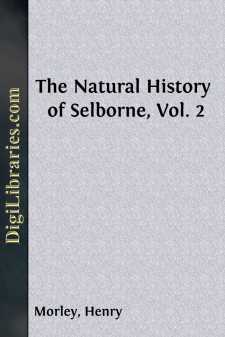Categories
- Antiques & Collectibles 13
- Architecture 36
- Art 48
- Bibles 22
- Biography & Autobiography 813
- Body, Mind & Spirit 142
- Business & Economics 28
- Children's Books 15
- Children's Fiction 12
- Computers 4
- Cooking 94
- Crafts & Hobbies 4
- Drama 346
- Education 46
- Family & Relationships 57
- Fiction 11828
- Games 19
- Gardening 17
- Health & Fitness 34
- History 1377
- House & Home 1
- Humor 147
- Juvenile Fiction 1873
- Juvenile Nonfiction 202
- Language Arts & Disciplines 88
- Law 16
- Literary Collections 686
- Literary Criticism 179
- Mathematics 13
- Medical 41
- Music 40
- Nature 179
- Non-Classifiable 1768
- Performing Arts 7
- Periodicals 1453
- Philosophy 64
- Photography 2
- Poetry 896
- Political Science 203
- Psychology 42
- Reference 154
- Religion 513
- Science 126
- Self-Help 84
- Social Science 81
- Sports & Recreation 34
- Study Aids 3
- Technology & Engineering 59
- Transportation 23
- Travel 463
- True Crime 29
Anecdotes of the late Samuel Johnson
by: Henry Morley
Categories:
Description:
Excerpt
INTRODUCTION
Mrs. Piozzi, by her second marriage, was by her first marriage the Mrs. Thrale in whose house at Streatham Doctor Johnson was, after the year of his first introduction, 1765, in days of infirmity, an honoured and a cherished friend. The year of the beginning of the friendship was the year in which Johnson, fifty-six years old, obtained his degree of LL.D. from Dublin, and—though he never called himself Doctor—was thenceforth called Doctor by all his friends.
Before her marriage Mrs. Piozzi had been Miss Hesther Lynch Salusbury, a young lady of a good Welsh family. She was born in the year 1740, and she lived until the year 1821. She celebrated her eightieth birthday on the 27th of January, 1820, by a concert, ball, and supper to six or seven hundred people, and led off the dancing at the ball with an adopted son for partner. When Johnson was first introduced to her, as Mrs. Thrale, she was a lively, plump little lady, twenty-five years old, short of stature, broad of build, with an animated face, touched, according to the fashion of life in her early years, with rouge, which she continued to use when she found that it had spoilt her complexion. Her hands were rather coarse, but her handwriting was delicate.
Henry Thrale, whom she married, was the head of the great brewery house now known as that of Barclay and Perkins. Henry Thrale’s father had succeeded Edmund Halsey, who began life by running away from his father, a miller at St. Albans. Halsey was taken in as a clerk-of-all-work at the Anchor Brewhouse in Southwark, became a house-clerk, able enough to please Child, his master, and handsome enough to please his master’s daughter. He married the daughter and succeeded to Child’s Brewery, made much money, and had himself an only daughter, whom he married to a lord. Henry Thrale’s father was a nephew of Halseys, who had worked in the brewery for twenty years, when, after Halsey’s death, he gave security for thirty thousand pounds as the price of the business, to which a noble lord could not succeed. In eleven years he had paid the purchase-money, and was making a large fortune. To this business his son, who was Johnson’s friend, Henry Thrale, succeeded; and upon Thrale’s death it was bought for £150,000 by a member of the Quaker family of Barclay, who took Thrale’s old manager, Perkins, into partnership.
Johnson became, after 1765, familiar in the house of the Thrales at Streatham. There was much company. Mrs. Thrale had a taste for literary guests and literary guests had, on their part, a taste for her good dinners. Johnson was the lion-in-chief. There was Dr. Johnson’s room always at his disposal; and a tidy wig kept for his special use, because his own was apt to be singed up the middle by close contact with the candle, which he put, being short-sighted, between his eyes and a book. Mrs. Thrale had skill in languages, read Latin, French, Italian, and Spanish. She read literature, could quote aptly, and put knowledge as well as playful life into her conversation. Johnson’s regard for the Thrales was very real, and it was heartily returned, though Mrs....


